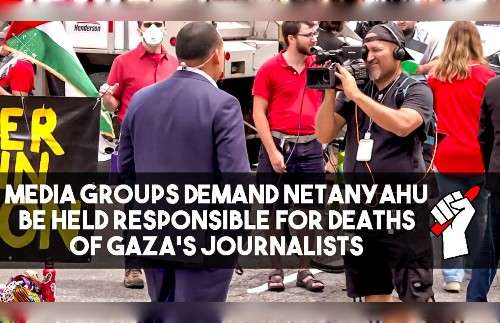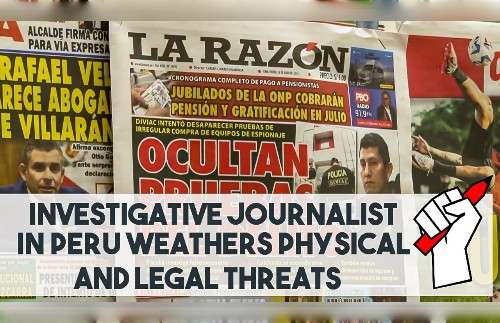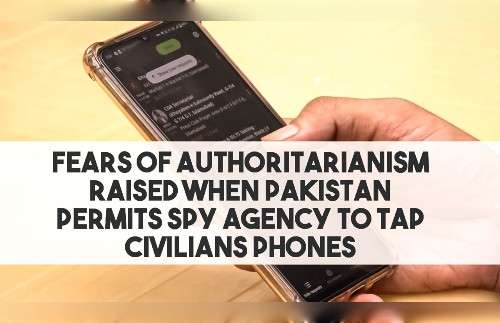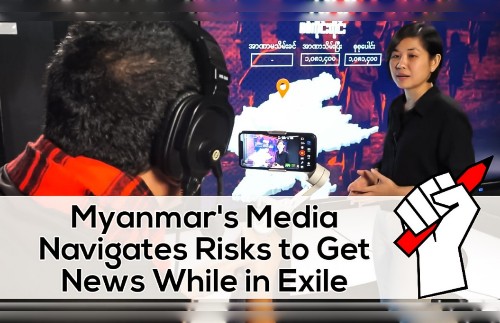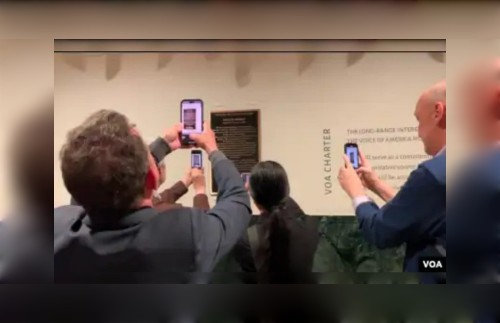
Sentenced to death by the Houthi rebels for spying for Saudi Arabia, four Yemeni journalists await the execution of their sentence with the greatest uncertainty. Reporters Without Borders (RSF) is calling on the Houthis to pressure them to reverse the decision or face international stigma.
The four journalists detained since 2015 by the Houthis and sentenced to death last April for “spying”, contributed, from Sanaa, to a network of media and pages on Facebook, Twitter, YouTube, Telegram and WhatsApp linked to the Islah party, the Yemeni branch of the Muslim Brotherhood, which holds power in government-controlled areas recognized by the international community.
The first, Abdul Khaleq Amran , is the editor of the Al-Islah Online site . He also headed the Yemen Revolution Press , an agency created in 2011 that brought together several media. His teams covered the Yemeni conflict, documented the crimes committed by the Houthis and gave voice to their opponents.
Akram Al-Walidi oversaw the teams from the Alrabie-ye.net website and the official SABA news agency . It gathered information on the progress of the conflict on the side of the Islah party on the basis of solid sources and through a network of senior political and administrative officials of the party, then based in the new rival capital of the Houthis, Ma’rib.
Responsible for monitoring news at the Yemen Revolution Press agency , Hareth Humaid made public the violations committed by the Houthis, in particular the bombing of civilians and the abductions. He prepared daily a newsletter with the list of violations of the day, until its last issue, the 54th.
Finally, journalist Tawfiq Al-Mansouri worked for the daily Al-Masdar until it stopped appearing at the start of the intervention of the Arab coalition in 2015. He then joined the Yemen Revolution Press as graphic designer and put in form the publications of the various media linked to the agency.
Since their abduction in 2015, these four journalists have been secretly transferred from prison to prison in the capital Sanaa, and have been subjected to violent interrogations. All suffer from severe physical and psychological consequences caused by torture and repeated blows, according to the Association of Mothers of Kidnapped . Abdul Khaleq Amran developed a herniated disc. Hareth Humaid’s eyesight has decreased and is accompanied by constant migraines. As for Akram Al-Walidi, he suffers from chronic digestive problems.
“While the world is an annual step towards the universal abolition of the death penalty, four senior journalists may face the worst condemnation for doing their job, deplores RSF secretary-general Christophe Deloire. It There is an urgent need to mobilize to put an end to their nightmarish situation and return to a principle of humanity in a country where, for more than five years, journalists have already paid enough for the heavy price of war . The Houthis must cancel this decision otherwise they should face international stigma. We call on all those who may have influence, direct or indirect, on this group, to use it to end this madness. “
A total of ten journalists were kidnapped in 2015 in Sanaa, on the absurd grounds that they could potentially provide information that could be used by the Arab coalition for its aerial bombardments . Accused of “ collaborating with the enemy ”, they were tried by the Houthi Special Criminal Court, a body not recognized by the international community.
In its latest annual report , RSF listed a total of 15 journalists held hostage in Yemen, most of them kidnapped by the Houthis. Others are being held without charge or trial in provinces controlled by the so-called “legitimate” government, such as Muhammad Ali Al-Moqri , or in areas controlled by the separatists, such as Saleh Musawa (now released).
Still according to the 2019 RSF report, the working conditions of Yemeni journalists are such today that many have preferred to abandon their profession and have converted.
Yemen ranks 167th in the World Press Freedom Index established by RSF.
Copyright ©2016, Reporters Without Borders. Used with the permission of Reporters Without Borders(RSF), CS 90247 75083 Paris Cedex 02 https://rsf.org
Golan Heights Druze Welcome New Syrian Rulers
Tibetans Demand Apology from the British Museum for Use of ‘Xizang’
Escaping from Scam Center on Cambodia’s Bokor Mountain
UN Security Council Meets to Discuss Children and Armed Conflict
10 Shocking Revelations from Bangladesh Commission’s Report About Ex-PM Hasina-Linked Forced Disappearances
Migration Dynamics Shifting Due to New US Administration New Regional Laws
UN Security Council Meets to Discuss the Maintenance of International Peace and Security and Artificial Intelligence
Winter Brings New Challenges for Residents living in Ukraine’s Donetsk Region
Subscribe Our You Tube Channel
Fighting Fake News
Fighting Lies














